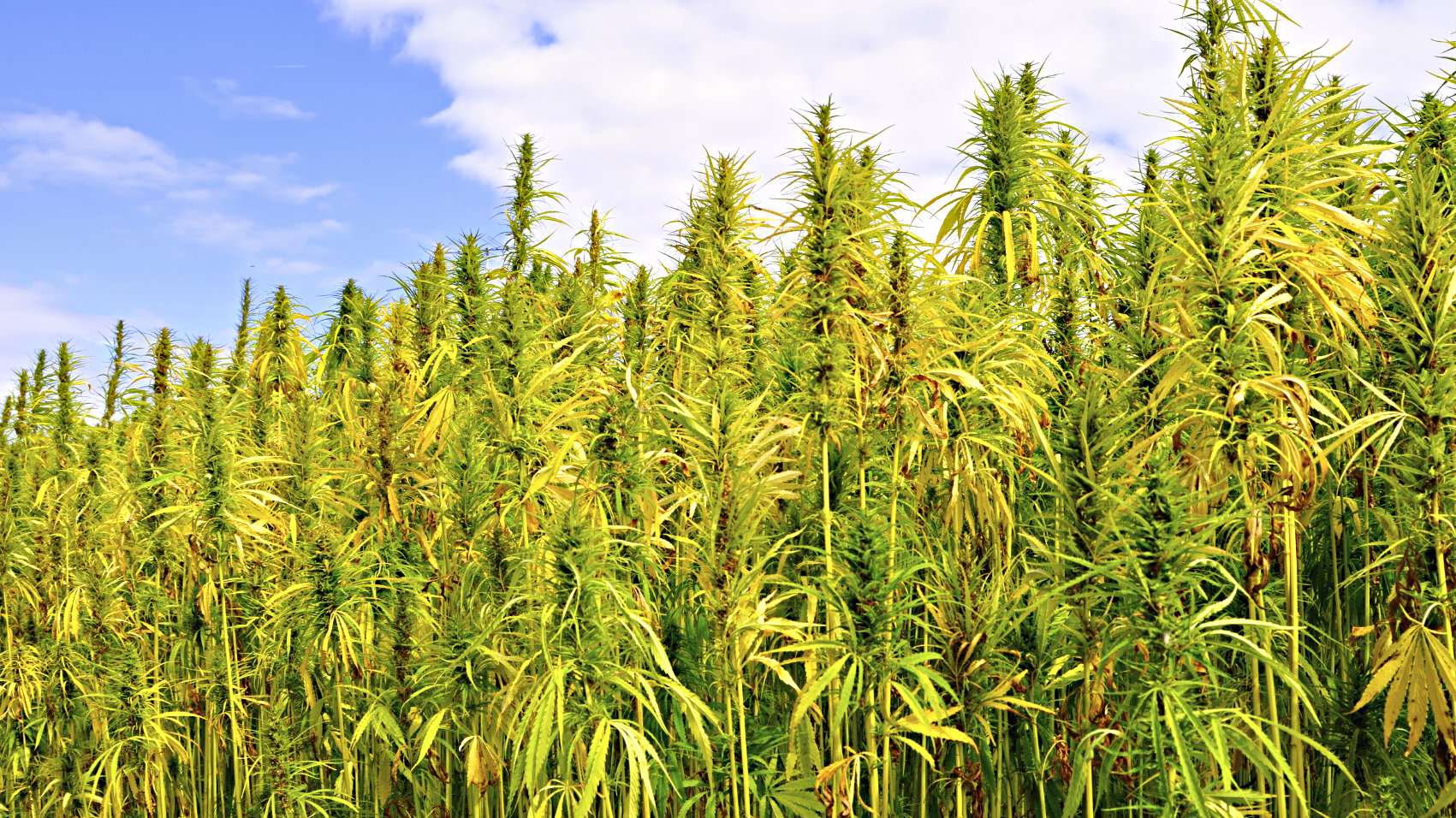
 As Colorado makes ready for the legal sale of recreational marijuana on Jan. 1, 2014, the state is also moving forward with the other part of Amendment 64: legalizing the growth and sale of hemp.
As Colorado makes ready for the legal sale of recreational marijuana on Jan. 1, 2014, the state is also moving forward with the other part of Amendment 64: legalizing the growth and sale of hemp.
With nearly no THC, this cousin of marijuana is used for all sorts of things from oils to fabrics to jewelery. Proponents of legalizing industrialized hemp think it will spur a lot of manufacturing activity in the state.
The state recently finalized rules aspiring hemp farmers will have to follow including the payment of fees to the state based on the number of acres the farmers plant.
"Being one of the first states to put in a rule system for industrialized hemp presented a challenge in and of itself, because we didn't always know for sure what we were looking for and the types of things we needed to consider," Deputy Agriculture Commissioner Ron Carleton says.
But the state was directed by the legislature to implement a registration and inspection program.
Per the new rules, farmers will have to pay fees to the State of Colorado based on the number of acres they plant. And each year, the state will randomly inspect one third of the hemp crops in Colorado.
Carleton isn't sure yet how many applications his agency will get for farming hemp when it becomes legal in 2014.
"We don't yet have, I think, adequate processing facilities in place, and that may affect how many people want to grow this first year," Carleton says. "Becauase they're not going to be able to export out of the state raw hemp; it's going to have to be processed in some way."
Carleton adds that it's currently unclear as to what kind, and how many, processing facilities will be in place by the end of next summer.
Despite the new state rules, hemp production is still illegal federally.
That could all change if Congress passes a farm bill next week that includes an allowance for universities and other public institutions to do research and development around hemp.
"We have the opportunity to have that likely adopted in the Farm Bill, if we get a Farm Bill," advocate Michael Bowman says.
Bowman believes that somtime further down the road the federal government will allow growing industrialized hemp regardless of the farm measure's success or failure.
"I don't feel this problem's going to languish much longer because of the players in D.C. that want this," Bowman says. "I really do think that we are going to find a fix."
For Bowman, however, the timing remains a question mark as Congress nears the holiday recess and the Farm Bill's players Rep. Jared Polis (D-Colo.) and Sen. Mitch McConnell (R-Ky.) push for a vote.
Bowman is a farmer in Wray, Colorado, who’s at the forefront of efforts to make industrial hemp production legal not just in Colorado but across the country.
Bowman planned to plant his first hemp crop last spring but ended up not planting because of his involvement in the lobbying effort to removing the federal prohibition on industrialized hemp.
Deputy Agriculture Commissioner Ron Carleton hears concerns about the federal prohibition from farmers in the state and that's affecting their level of interest in starting hemp production next spring.
According to Carleton, these farmers worry that planting hemp could jeopardize federal subsidies for their other crops like corn.
"Hopefully we’re going to have some conversations with the U.S. Department of Agriculture to try to get some certainty about how they’re going to proceed with all of this so that our producers at least know what they’re getting into before they get into it," Carleton says.









